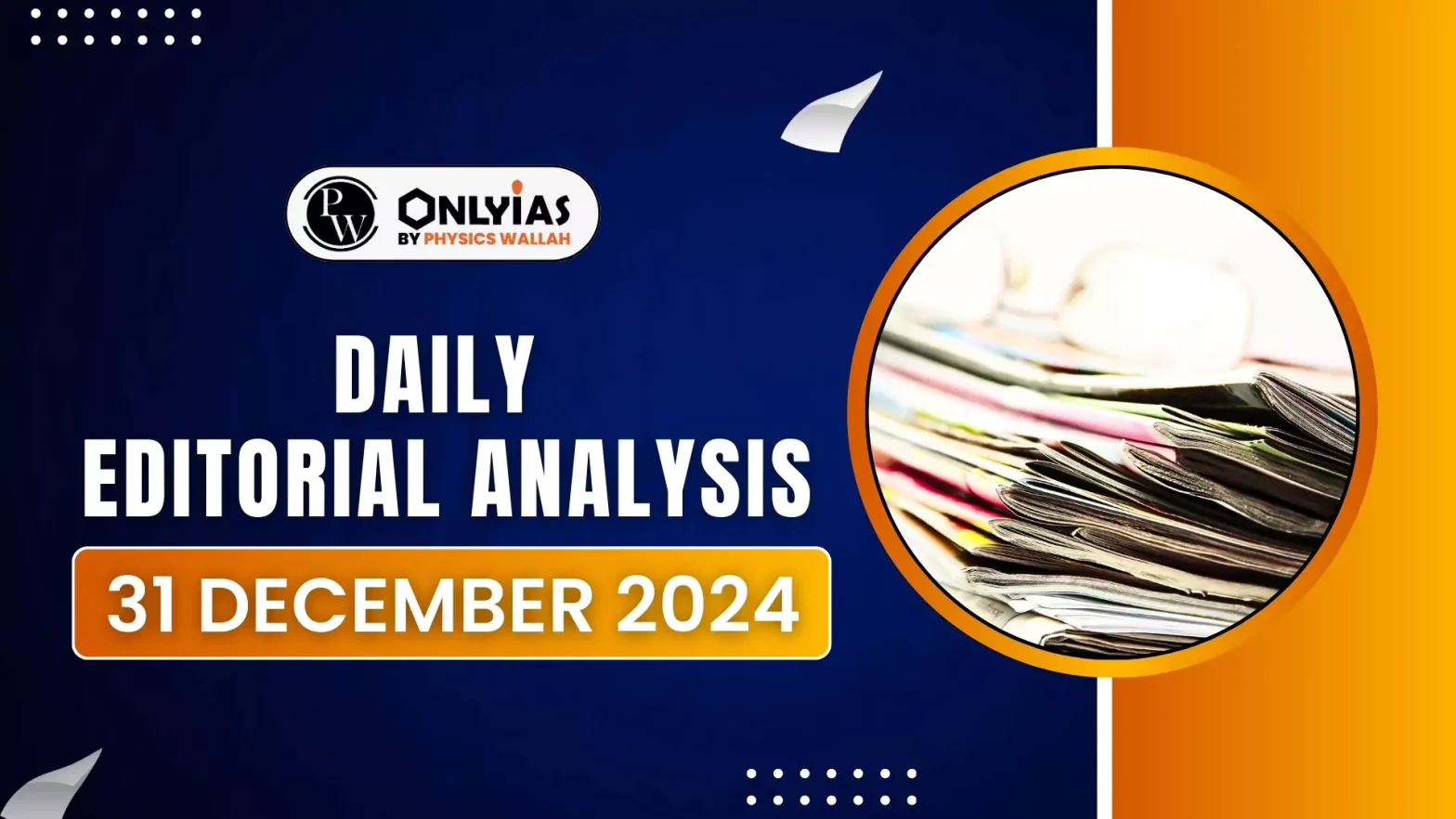On 23 December 2024, Bangladesh formally requested India to extradite former Prime Minister Sheikh Hasina, who fled to New Delhi during August 2024 anti-government protests. The note verbale to India’s External Affairs Ministry seeks her return for judicial proceedings on charges of genocide and crimes against humanity.
Sheikh Hasina’s Fleeing and Legal Charges
- In August 2024, amid widespread protests, Sheikh Hasina, the ousted Prime Minister of Bangladesh, fled Dhaka and sought refuge in India. She was later declared an absconder by Bangladeshi authorities for failing to surrender.
- On August 13, 2024, a First Information Report (FIR) was filed against her, accusing her of conspiracy to eliminate student protesters and the mistreatment and killing of hundreds, which were labeled as genocide and crimes against humanity.
- On October 17, 2024, Bangladesh’s International Crimes Tribunal issued arrest warrants for Hasina and 45 others, including former cabinet ministers and military officials.
- Despite this, the investigation is ongoing, with a charge sheet expected to be filed soon.
Enroll now for UPSC Online Course
Trial in Absentia
- Common Law Jurisdiction In common law jurisdictions, a trial typically cannot commence in the absence of the accused. For the trial to begin, Hasina must be physically or virtually present in court.
- Trial in Absentia in Bangladesh: Bangladesh’s legal framework under Section 339B of the Code of Criminal Procedure (1898) allows an accused person to be tried in absentia, though the decision is not without legal challenges.
- Example: An example from the International Criminal Court (ICC) in October 2024 saw the Pre-Trial Chamber allow a hearing for Joseph Kony in his absence, setting a precedent for trials in absentia.
Extradition Treaty and Legal Protections
- India’s Legal Defense: India and Bangladesh have a bilateral extradition treaty, and India’s Extradition Act (1962) outlines the process of extradition. India has two potential legal defenses against the extradition request:
- Political Offense Exception: India could argue that actions on Hasina are politically motivated, which is a legitimate ground to reject an extradition request.
- However, considering the nature of the charges, this defense seems unlikely to succeed.
| Before Sheikh Hasina was removed from power, reports from organizations like Amnesty International and Human Rights Watch highlighted that her government was responsible for serious abuses against civilians. These included torture, forced disappearances, persecution, and other severe acts of violence. |
-
- Non-Inquiry Rule: Traditionally, the executive has discretion in extradition matters, and courts typically do not intervene in such decisions. However, Hasina is not an Indian citizen, she is still protected by Articles 20 and 21 of the Indian Constitution.
- Article 21 to Non-Indians: In the case of National Human Rights Commission vs State of Arunachal Pradesh & Anr. (1996), the Supreme Court of India ruled that even non-citizens are entitled to the protection of Article 21, as it applies to all “persons.”
- Sheikh Hasina Can Appeal to Supreme Court: Given the current situation in Bangladesh and its history of torture and poor prison conditions, the Court would have a solid basis to protect Hasina and prevent her extradition to Bangladesh.
Check Out UPSC CSE Books From PW Store
Extradition Treaty Between India and Bangladesh
- The treaty was signed in 2013 and amended in 2016 to streamline the process of exchanging fugitives.
- The Extraction treaty was introduced to address concerns about Indian insurgents, particularly from the North East, hiding in Bangladesh, and Bangladeshi militants taking refuge in India.
|
Possible Solutions and Diplomatic Considerations
- In-House Arrest and Virtual Trial Participation: A potential solution for India could be to allow Hasina to remain under in-house arrest within India, while enabling her to participate in the Bangladeshi trial through video conferencing.
- Sentencing Agreement: If she is convicted, based on the sentencing agreement, she could serve her sentence in India.
- This approach would show India’s genuine intent to cooperate, in line with Article 2(4) of the UN Charter, while also ensuring the safety and rights of the accused.
- Potential Involvement of the International Criminal Court (ICC): Bangladesh, as the state party to the Rome Statute of the International Criminal Court (ICC), could potentially have this matter considered by the ICC.
- Article 17 of Rome Statute: The ICC should only intervene if national courts are unable or unwilling to prosecute.
- Since Bangladesh is conducting the trial at the domestic level, the ICC has no immediate reason to intervene.
- Article 53: Article 53, in conjunction with Article 17, stipulates that if the accused’s rights are at risk, such as if the trial is not independent or impartial, the ICC may step in.
- Article 15: Ms. Hasina could surrender to the ICC, with assurances that she would not be extradited to Bangladesh.
- According to Article 15 of the Rome Statute, ICC could initiate a preliminary examination proprio motu (on its own motion) if it believes the rights of the accused are in serious danger.
Enroll now for UPSC Online Classes
Conclusion
While Bangladesh has the right to seek justice for crimes committed on its soil, India must weigh the legal, human rights, and diplomatic implications of granting the request. Both countries have a vested interest in maintaining good relations, and a fair, transparent resolution could showcase a cooperative approach to international justice, protecting human rights while respecting each nation’s sovereignty.
![]() 31 Dec 2024
31 Dec 2024
